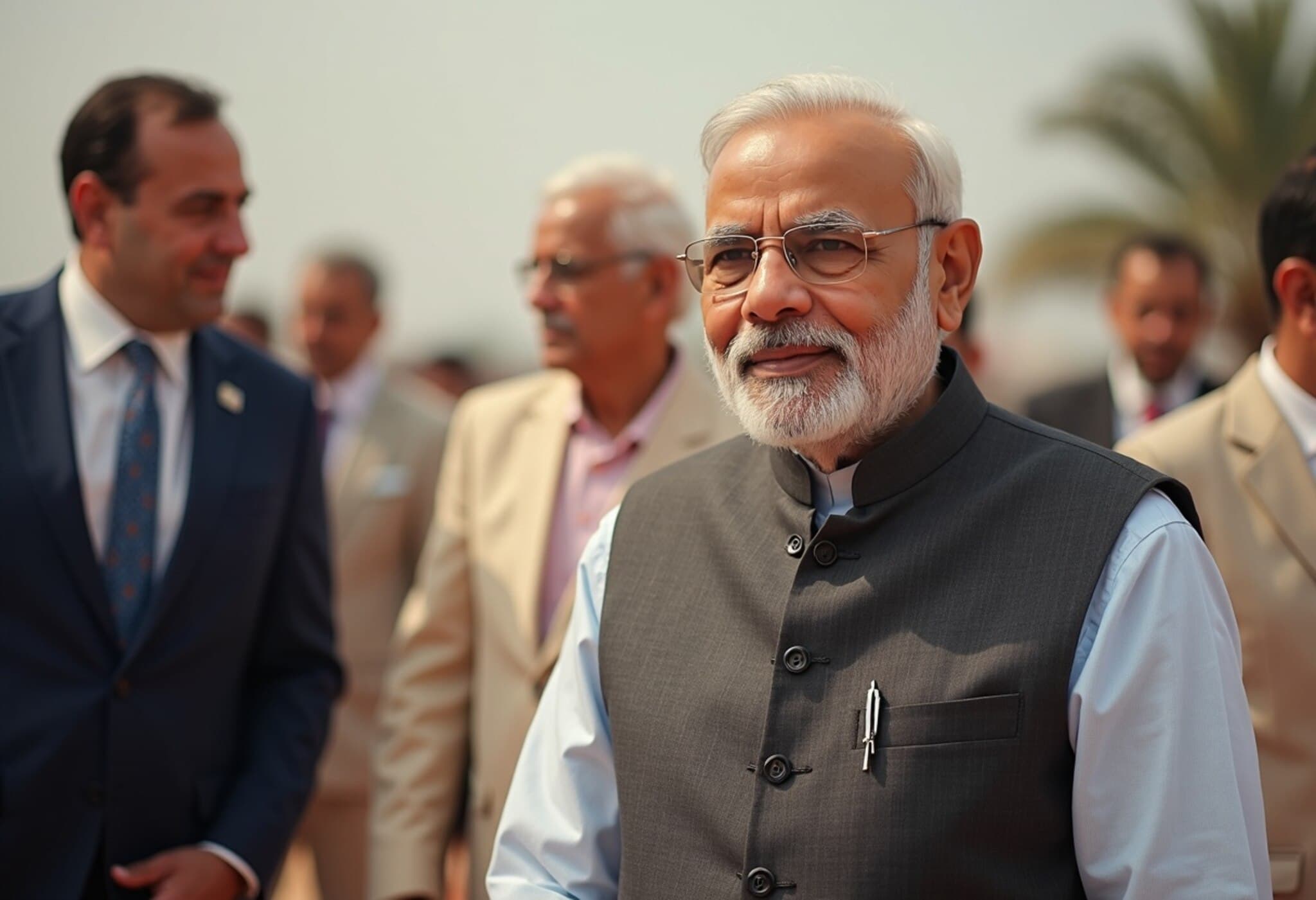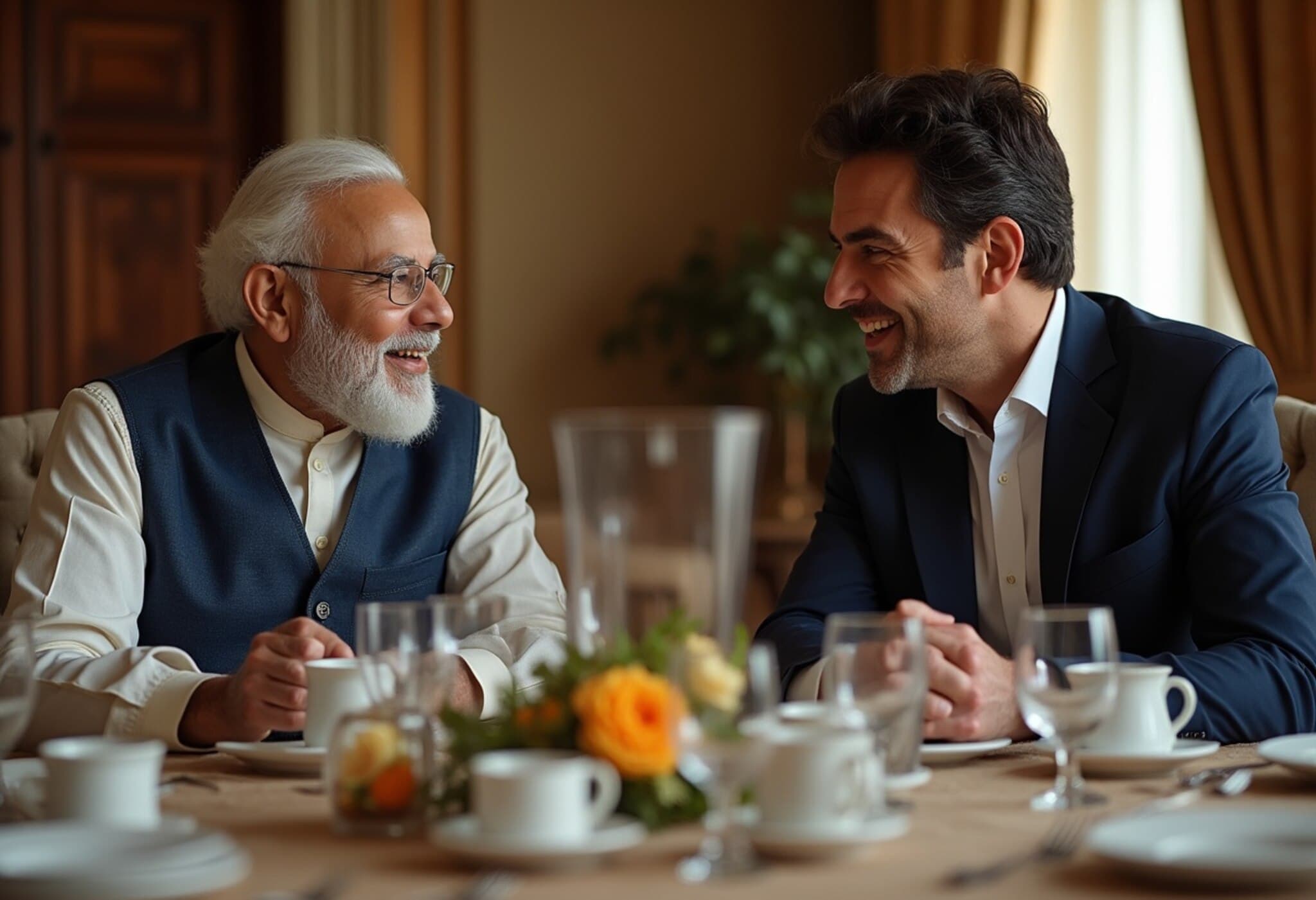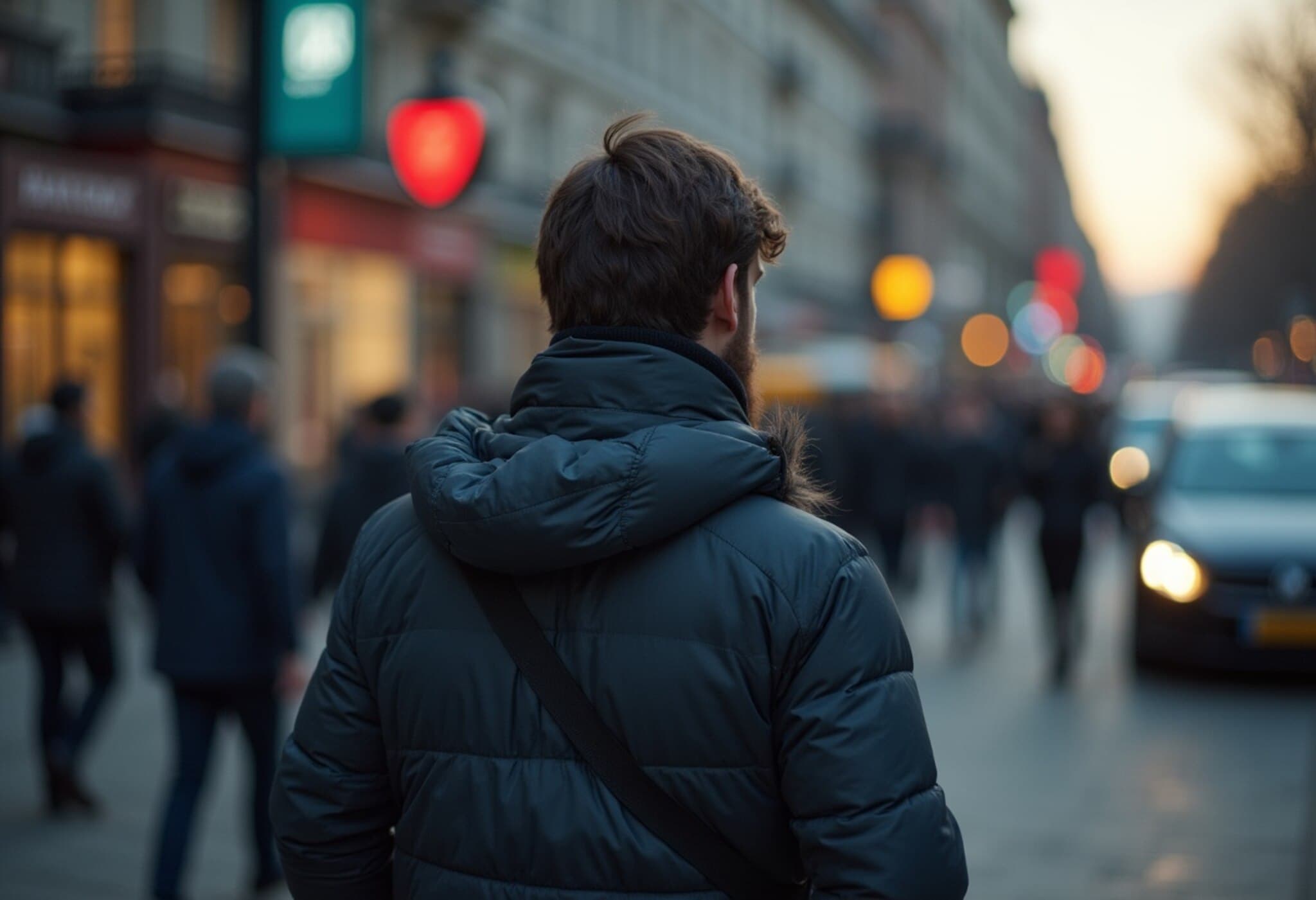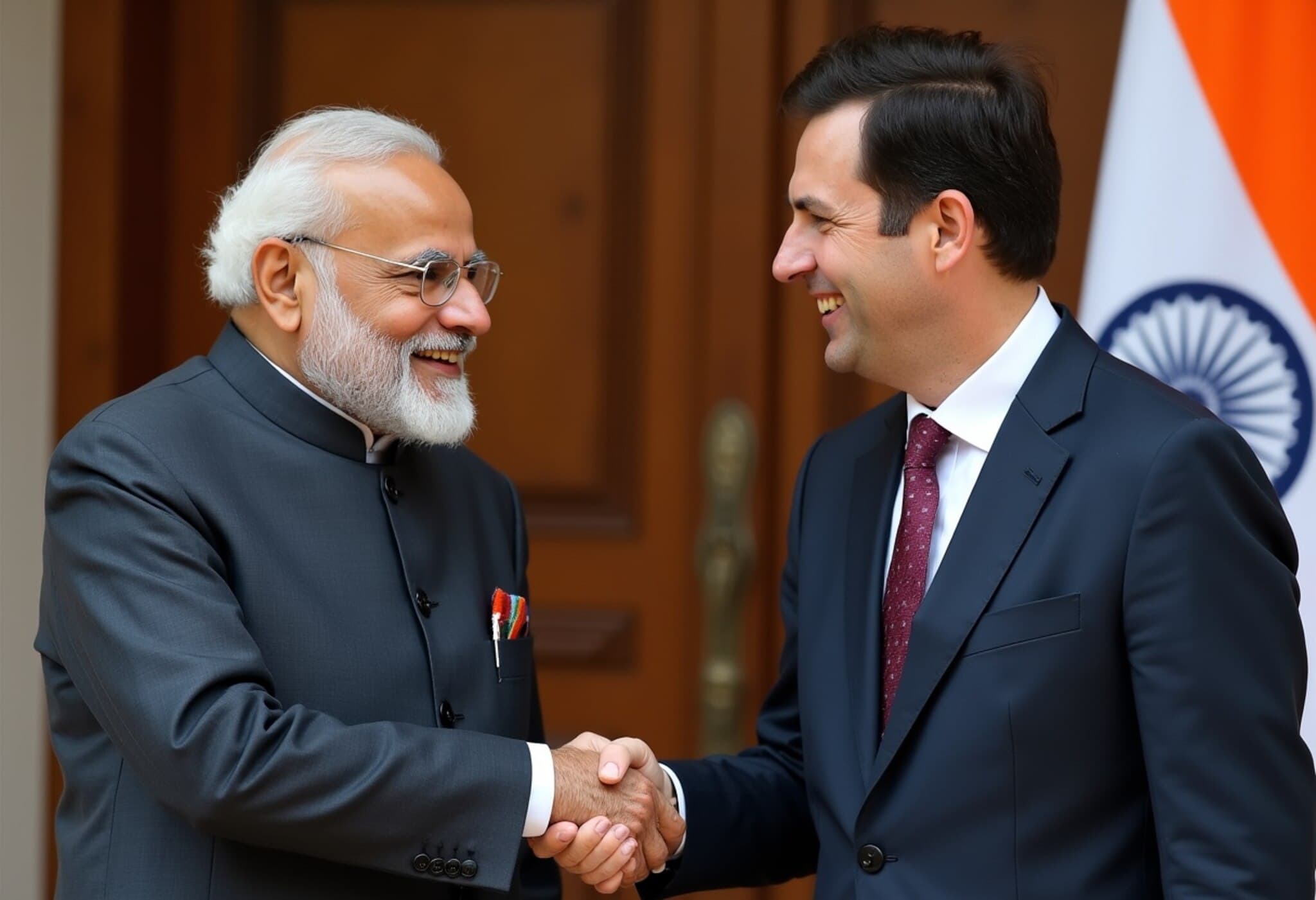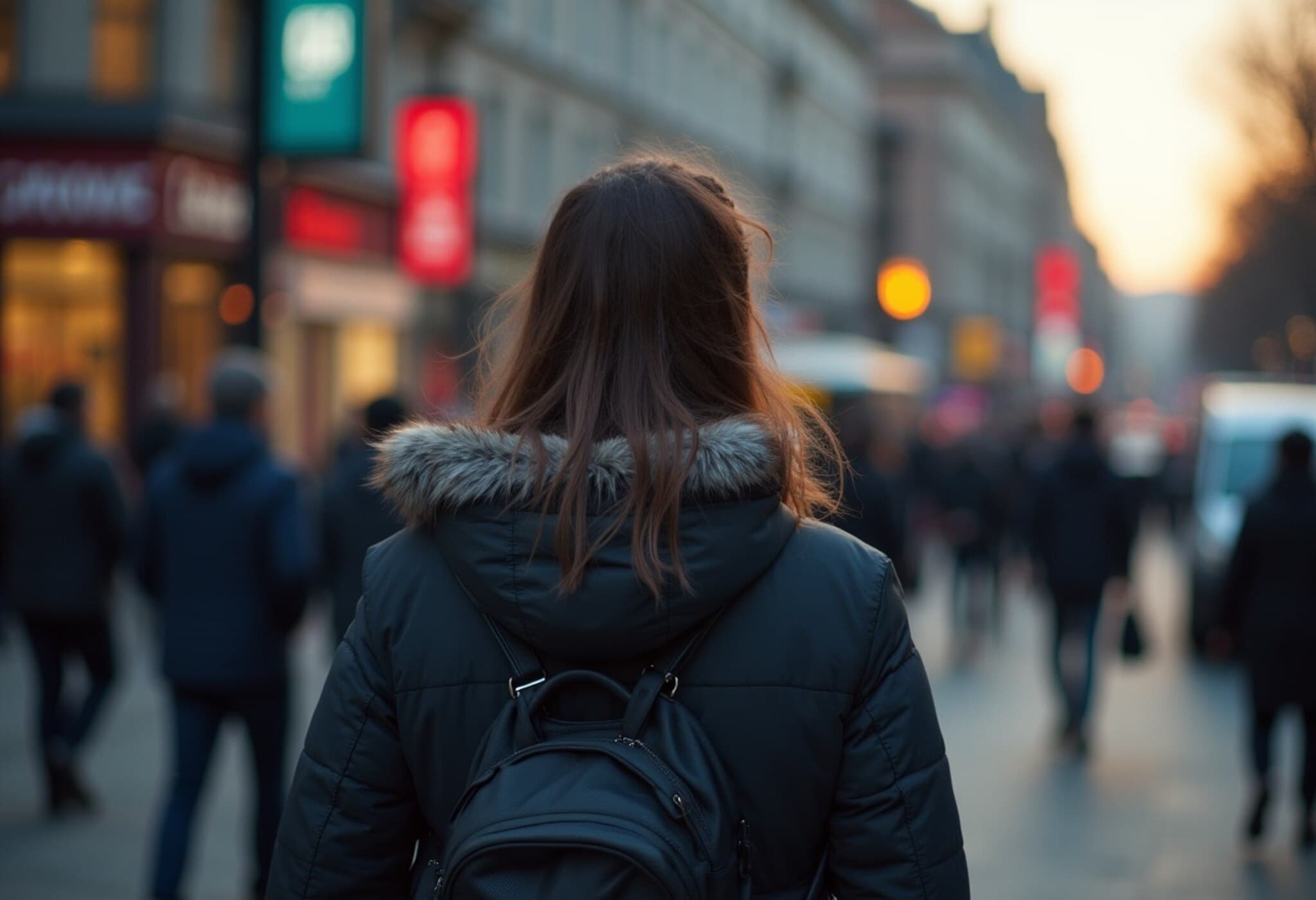Christian Michel’s Children Appeal to PM Modi Over Prolonged Detention
The children of Christian Michel, the British former middleman accused in the long-running AgustaWestland helicopter bribery scandal, have penned heartfelt letters to Indian Prime Minister Narendra Modi, urging the government to secure their father’s immediate and unconditional release.
Seven Years Behind Bars Without Trial
Michel has been held in India’s Tihar Jail since December 2018, after being extradited from Dubai. Now, as he approaches his seventh year behind bars without a formal trial, his children—Alois, Alaric, and Alienor—are raising serious concerns about human rights violations and the justice system’s delays. In a poignant letter addressed directly to PM Modi, Alois writes, “After 12 years of investigation, Indian authorities have failed to bring my father to trial. This prolonged detention without trial is a gross violation of human rights and amounts to a sentence in itself.”
Legal Complexities and International Implications
Christian Michel is implicated in allegations of bribery and criminal conspiracy related to the 2010 deal to supply 12 VVIP helicopters by AgustaWestland—the British helicopter manufacturer now operating as Leonardo Helicopters. The deal has been mired in controversy for over a decade, with Michel accused of receiving approximately €30 million in kickbacks to secure the contract. Michel continues to deny all charges.
Adding another layer to this saga, Michel wrote separately to UK Prime Minister Keir Starmer from within Tihar Jail, describing his detention as “illegal” if he is not released imminently. Michel highlights the principle of double jeopardy, noting that he was previously cleared by Italian courts for offenses related to this case. He argues that India’s prosecution violates extradition agreements and international legal standards.
Criticism of British Government’s Response
In their campaign, Michel’s children have also expressed disappointment with the British government’s perceived silence. Alois’s letter to UK Foreign Secretary David Lammy criticizes the UK for prioritizing trade deals—particularly as Modi prepared to visit London to sign a free trade agreement—over the welfare of a British citizen languishing in prison.
“Our father has endured mistreatment and even attempts on his life while incarcerated,” Alois laments. “It seems the government has been quick to engage India on trade, but slow to advocate for human rights in this case. Why is his plight overlooked when other British citizens have received firm government support abroad?”
The Broader Context: Justice, Diplomacy, and Human Rights
This case sits at the crossroads of judicial delays, diplomatic relations, and human rights concerns. The Indian judiciary is often criticized for prolonged pre-trial detentions, which can effectively punish accused individuals without the safeguard of a verdict. For Michel, this has translated into nearly a decade since investigation began, yet no trial date set.
From a US and international perspective, this raises pivotal questions about how countries balance anti-corruption enforcement with respect for due process, especially in cases with cross-border implications. It also spotlights how geopolitics and trade negotiations may influence the prioritization of individual rights versus state interests.
What’s Next for Christian Michel?
With Prime Minister Modi scheduled for official engagements in London, the timing of these letters suggests a strategic push for international attention and diplomatic leverage. Michel’s family hopes that high-level dialogue can break the impasse and prompt renewed judicial scrutiny or clemency.
- Key issues at stake: prolonged pre-trial detention, human rights, extradition law compliance, and double jeopardy concerns.
- International angle: tension between anti-corruption efforts and diplomatic relations, notably the UK-India trade partnership.
- Human dimension: impact on Michel's family and questions about prison conditions, including reports of mistreatment.
Editor's Note
The Christian Michel case exemplifies the complex intersection of international law, human rights, and diplomacy. It forces a closer look at how legal systems worldwide handle sensitive corruption cases involving foreign nationals. As global trade relationships deepen, ensuring justice and human dignity must remain paramount, lest individual rights become collateral damage in broader geopolitical plays. Readers might consider: how can governments better balance national interests with fundamental fairness? And what mechanisms ensure timely justice across borders?
Stay informed as this story develops and the ongoing dialogue between legal, political, and human rights spheres evolves.








